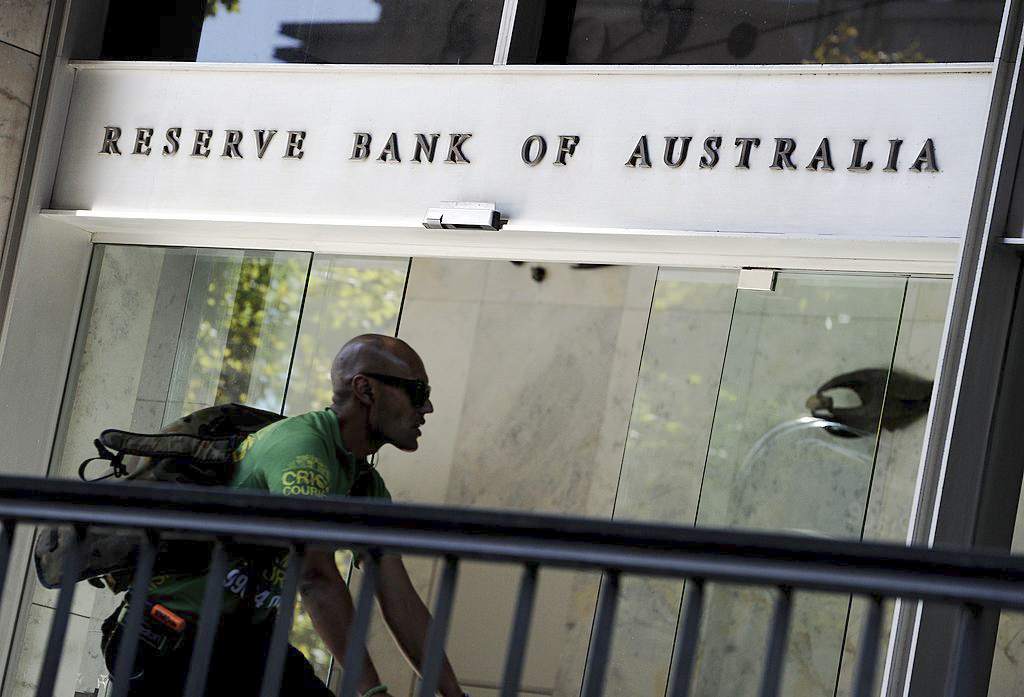Reserve Bank of Australia Cuts Interest Rate to 3.85% Amid Declining Inflation
The Reserve Bank of Australia lowered its benchmark interest rate to 3.85%, marking the second cut this year as inflation stabilizes.
Subscribe to unlock this story
We really don't like cutting you off, but you've reached your monthly limit. At just $5/month, subscriptions are how we keep this project going. Start your free 7-day trial today!
Get StartedHave an account? Sign in
Overview
In a shift aimed at supporting the economy, Australia's central bank has reduced its benchmark interest rate to 3.85%. This marks the second rate cut of 2025, following a decrease earlier in the year. The move comes as inflation has fallen within the bank's target range, with annual inflation reported at 2.4%. The Reserve Bank of Australia remains cautious due to global uncertainties, including political tensions and potential impacts from recent tariff discussions between the U.S. and China.
Report issue

Read both sides in 5 minutes each day
Analysis
- The Reserve Bank of Australia (RBA) cut the cash rate by 25 basis points to 3.85%, marking the second cut this year as inflation met target levels.
- While inflation shows signs of easing, uncertainties due to geopolitical tensions and global trade policies could impact Australia's economic growth and demand.
- Despite inflationary pressures easing, the RBA remains cautious about the outlook, emphasizing the importance of global economic clarity.
Articles (3)
Center (2)
FAQ
The Reserve Bank of Australia cut the interest rate to support the economy as inflation has stabilized within the target range. The decision aims to balance aggregate demand and supply, given the easing inflationary pressures.
The interest rate cut is expected to provide relief for homeowners, allowing them to save approximately $80 per month on average for a $500,000 home loan, depending on the lender's implementation of the rate reduction.
The RBA's decision was influenced by global uncertainties, including potential impacts from geopolitical tensions and ongoing trade discussions between the U.S. and China.
The rate cut is part of an easing cycle that aims to support economic growth by reducing borrowing costs and increasing spending and investment. However, the effectiveness depends on the overall economic environment and global conditions.
History
- This story does not have any previous versions.

